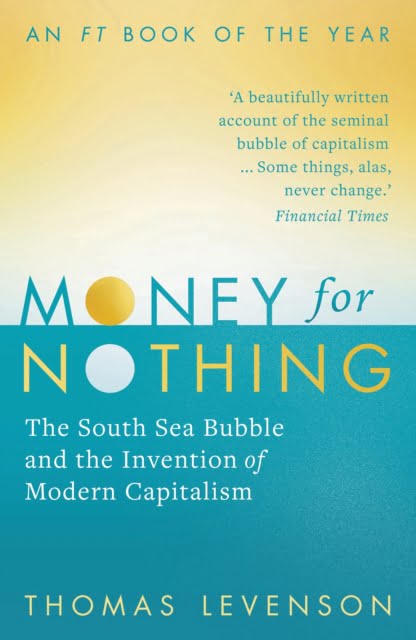Description
A Financial Times Economics Book of the Year
A brilliant narrative of early capitalism’s most famous scandal, a speculative frenzy that nearly bankrupted the British state during the hot summer of 1720 – and paradoxically led to the birth of modern finance.
The South Sea Company was formed to trade with Asian and Latin American countries. But it had almost no ships and did precious little trade. Instead it got into financial fraud on a massive scale, taking over the government’s debt and promising to pay the state out of the money received from the shares it sold.
And how they sold. In the summer of 1720 the share price rocketed and everyone was making money. Until the carousel stopped, and thousands lost their shirts. Isaac Newton, Alexander Pope and others lost heavily.
Thomas Levenson’s superb account of the South Sea Bubble is not just the story of a huge scam, but is also the story of the birth of modern financial capitalism: the idea that you can invest in future prosperity and that governments can borrow money to make things happen, like funding the rise of British naval and mercantile power. These dreamers and fraudsters may have bankrupted Britain, but they made the world rich.





